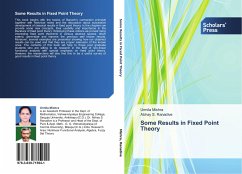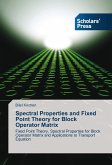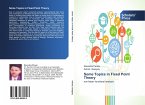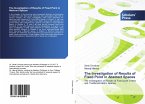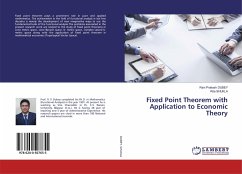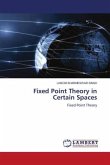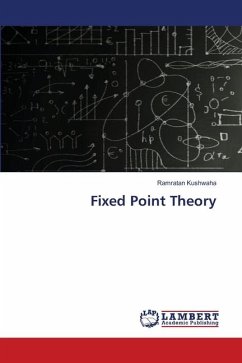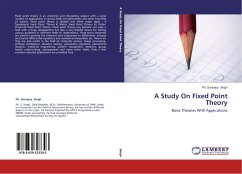This book begins with the basics of Banach s contraction principle together with historical notes and the discussion about successive development of classical results in fixed point theory. In the chapters we provide some new concepts, their usability and importance in the literature of fixed point theory. Employing these notions we proved many interesting fixed point theorems in various abstract spaces, which extend, generalize and improve the previous well known results. Moreover, several examples are presented showing how our obtained results can be used and that they are proper extension of the known ones. The contents of this book will help to those post graduate students who are willing to do research in the field of non-linear functional analysis with special emphasis on fixed point theory. However, the researchers will also find this to be a useful survey of good results in fixed point theory.
Bitte wählen Sie Ihr Anliegen aus.
Rechnungen
Retourenschein anfordern
Bestellstatus
Storno

